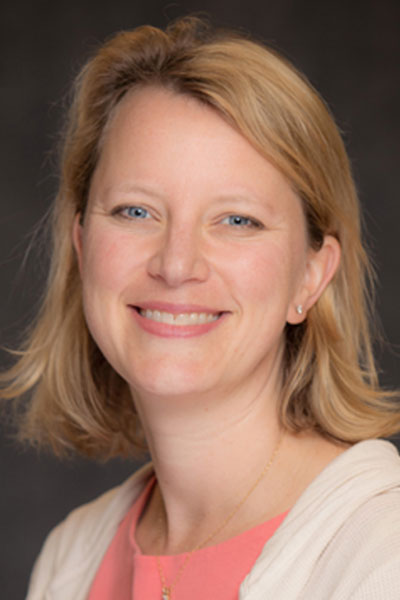
The reality that more women are living longer with breast cancer is a testament to the growing success of treatment. It is also a challenge. More women living longer with breast cancer is moving clinicians, researchers, and patient advocates to find ways to help breast cancer survivors live not just longer, but better.
“We are still focused on cures for breast cancer, but we are also focusing on survivors, patients who are living with their disease,” said Anne Blaes, MD, Professor of Hematology and Oncology at the University of Minnesota and Director of Cancer Survivorship Services and Translational Research, Masonic Cancer Center. “And we know that people who are living with cancer have a lot of needs, whether it is psychological support for anxiety or depression, symptom management, palliative care, pain management, juggling families and jobs, taking care of aging parents. We need to think about resources for our patients and how to better care for them through the entire trajectory of their lives.”
Dr. Blaes will moderate Living with Metastatic Breast Cancer on Tuesday, December 6, from 10:00 am – 12:00 pm CT in Stars at Night Ballroom 3&4. Look for the latest on early palliative care, novel approaches to supporting patients with metastatic breast cancer, the financial toxicity of living longer with advanced disease, and patient perspectives.
Tara L. Kaufmann, MD, MSCE, Assistant Professor of Oncology, University of Texas Dell Medical School, will discuss the evolving evidence on the benefits of palliative care. The essential message: Early palliative care is more effective palliative care.
“Most people still think of palliative care as hospice is near and dark death is imminent,” Dr. Blaes said. “Yet, a growing number of studies are telling us that early palliative care with early symptom management and early support for all of our patients’ medical and nonmedical needs, helps people live longer and live better.”
Attitudes toward patient support are also evolving. Not long ago, patient support meant medical support. A growing body of evidence is highlighting the value of psychosocial and nonmedical support in improving long-term breast cancer outcomes. Abbey Kaler, MS, APRN, FNP-C, Nurse Navigator, Advanced Breast Cancer Clinic, The University of Texas MD Anderson Cancer Center, will focus on the practical impact of improving and expanding patient support beyond their purely medical needs.
“When you think about the people we see in clinic every day, they are paying a tremendous price in terms of time and disruption to their lives on top of their medical issues,” Dr. Blaes said. “And that’s not even considering the psychological and social pressures that come with breast cancer diagnosis, treatment, and survival.”
Fumiko Chino, MD, Radiation Oncologist at Memorial Sloan Kettering Cancer Center, will focus on approaches to alleviate the “financial toxicity” of breast cancer survival. Treatment choices have financial consequences as much as clinical consequences.
“We now realize that every breast cancer patient, especially younger people, should be meeting with financial counselors from the time they are diagnosed,” Dr. Blaes said. “And there needs to be better awareness among clinicians about the financial implications of breast cancer. If you have a class of drugs like the CDK 4/6 inhibitors with similar clinical activity, we need to consider whether one or two of them is less expensive, less financially toxic to our patients.”
Christine Hodgdon, co-founder of GRASP (Guiding Researchers and Advocates to Scientific Partnerships), and Stephanie Walker, RN, Project Director, Metastatic Breast Cancer Alliance, will bring key patient perspectives to the discussion.
“We have a large and growing population of breast cancer survivors,” Dr. Blaes said. “Clinicians and researchers are recognizing the need to engage our patients, to talk more about what it means to live with breast cancer, and ways we can help them in the years to come.”

